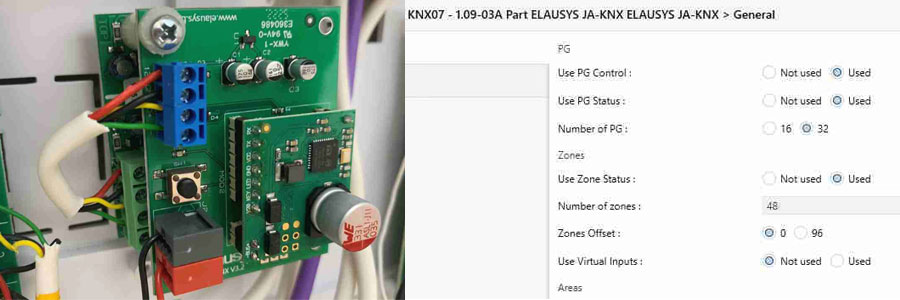IP versus Analog CCTV...
- Oct 5, 2017
What should I take: Digital IP or Analog CCTV?
IP cameras can generate better image quality, are easy to install and always expandable, however analog cameras are more efficient, have lower price and are reliable. Both types of cameras have their pros and cons, it's all about the right camera in the right place.
We advise camera security from Uniview
IP
IP cameras are excellent in getting high-definition megapixel images, however generally less sensitive to light (meaning less image quality in low light). If the configuration is properly handled, the images are good. This is highly dependent on the camera and the experience of the installer. Easy to connect to an existing network. Keep in mind the distance between the switch and the camera, which is limited.
IP cameras can almost be unlimited extended in an existing network. One cable for power, video and data transmission. Remember the fact that the existing cabling has limited wattage (normally up to 25W max). For example, a PTZ camera (a camera that lets you 'pan-tilt-zoom') uses 70W.
The images of an IP camera are compressed before they are shown on screen and unpacked for immediate display, this can cause a delay.
Analog
Analog cameras comply perfectly with different lighting conditions and can move (PTZ) perfectly. Analog cameras have a limited number of TVL (TV lines). For monitoring purposes an analog resolution of 1.3 megapixel is more than enough. The DVR or computer belonging to the system delivers the ultimate video quality. A special recorder and software should have to be purchased.
Analog cameras are excellent for live image viewing. There is some discussion about the maximum cable length among installers. The fact is that analogue security cameras can be connected with great distance. However, the exact cable length depends on sources of interference around the cable and the quality of the connectors.
Difference IP and Analog
The difference between IP and Analog lies mainly in the video-transmission of the signal. IP camera combines the capabilities of a camera with the functionality of a PC, requires no direct PC connection and can be placed anywhere in the network. Like any PC within the network, an IP camera is a network application with its own IP address, whether or not connected wirelessly to this network and therefore it needs maintenance.
IP cameras can generate a higher quality image. Analog camera digitizes the images also, but before it can be converted into a video, the image must be converted into an analog signal so that it can be received by a video recorder or monitor. Unlike IP cameras, analog cameras have no built-in webservers or encoders and thus require less maintenance. These functions are in the DVR (digital video recording) recorder.
Our advise: Analog or IP ?
It is very clear that digital IP CCTV is the future, all investments and developments are in IP. The maximum return from IP technology can be achieved when you, as the end user, are well informed about the possibilities of an IP system (such as lens selection and the correct use of Video Content Analyses).
We advise you to use IP cameras suitable for PoE with a PoE network recorder.
IP is the future and the technology is overtaking analog quickly. The maximum efficiency of IP technology can be achieved when both the installer and end user well aware of the capabilities of the IP camera system.
The time for IP has come...!









